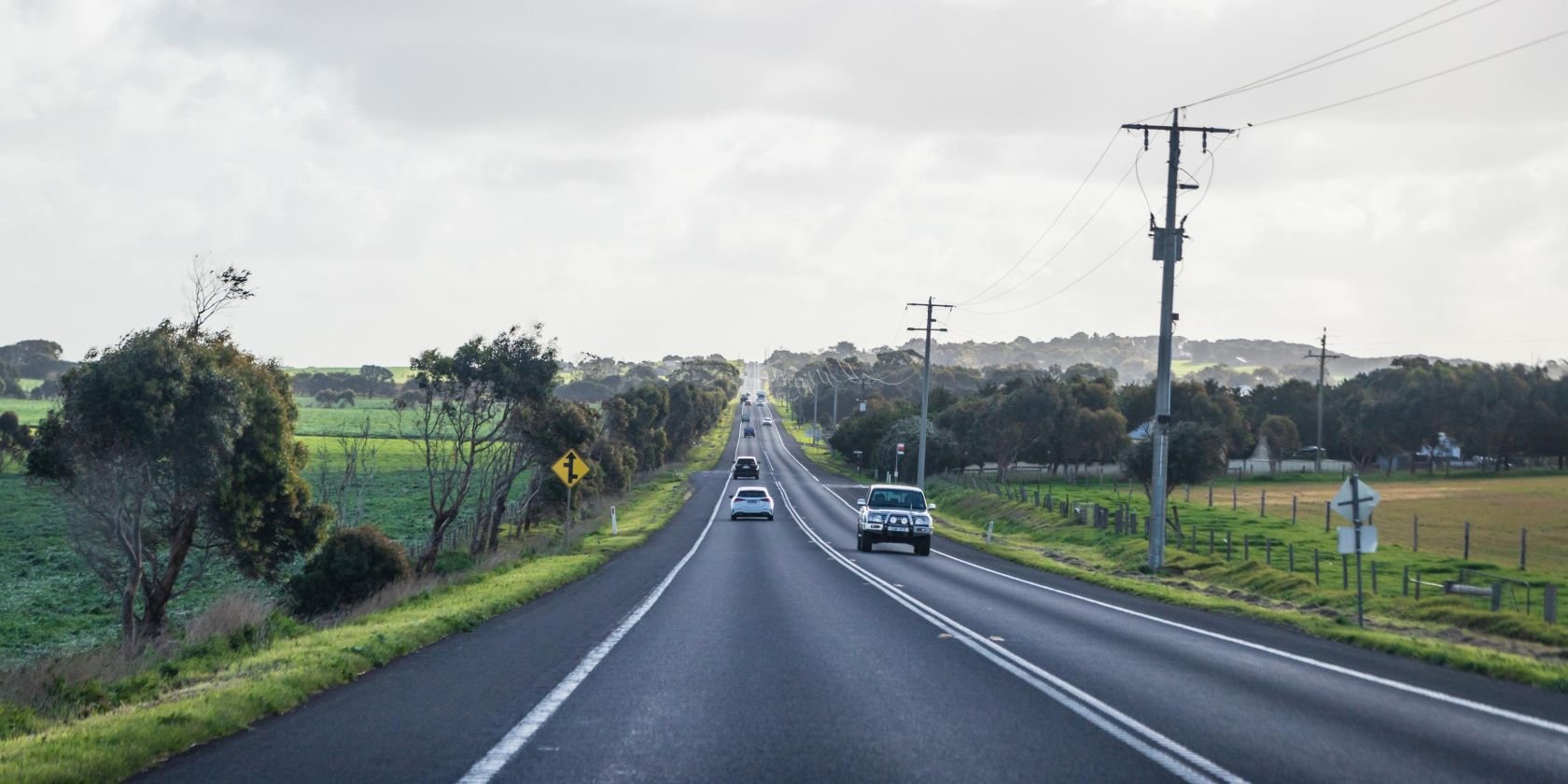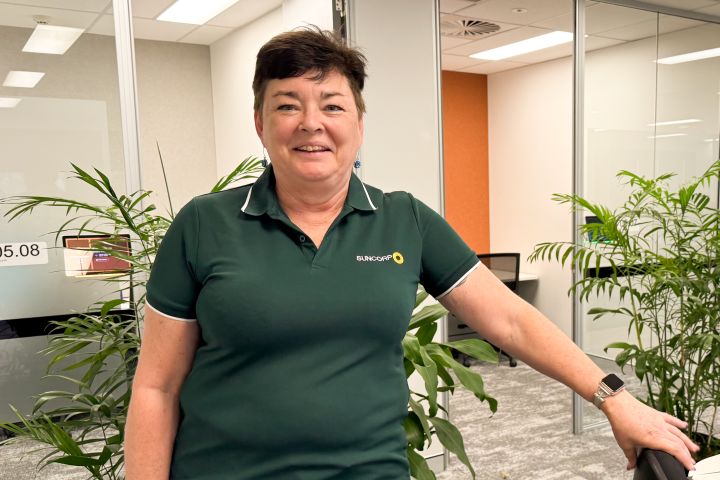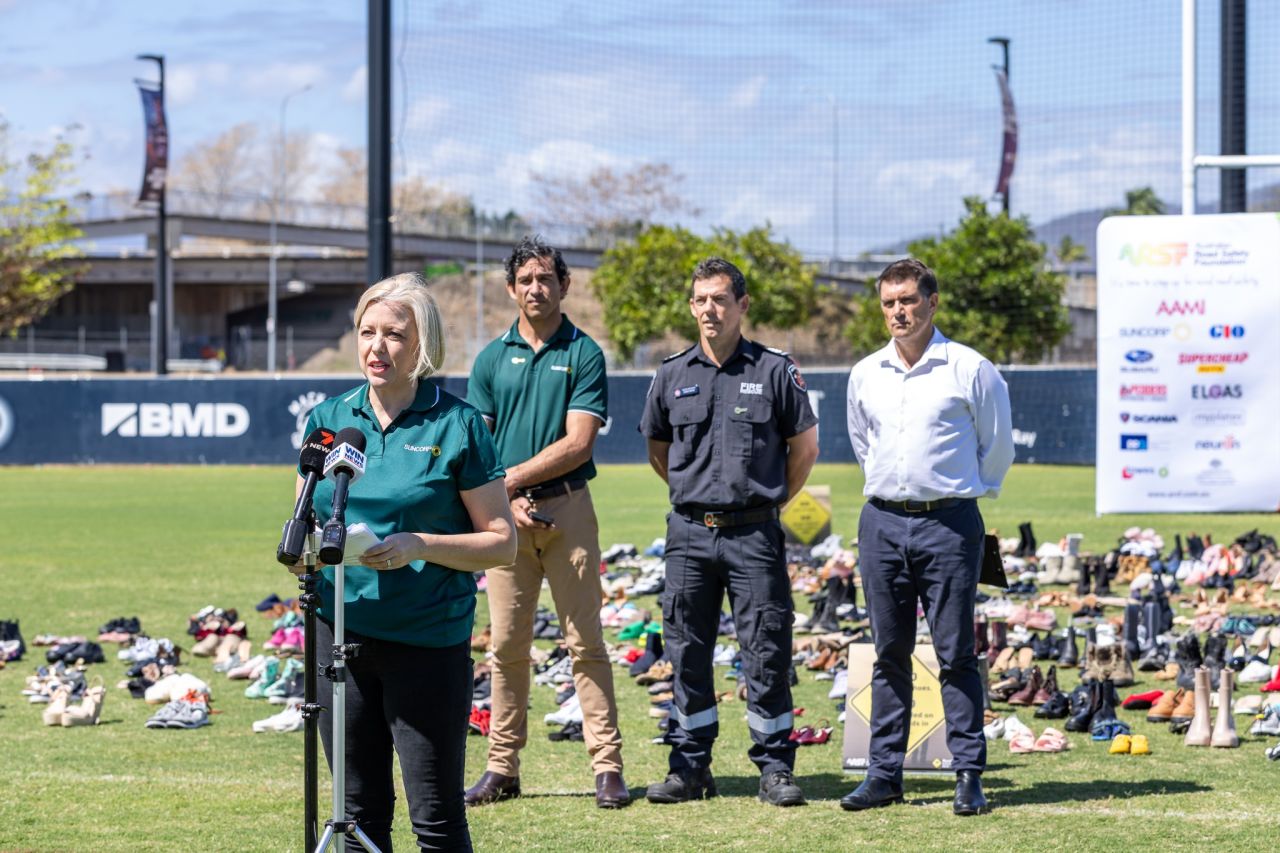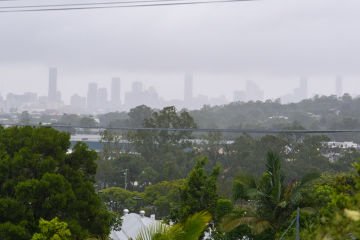Rural Road Safety Month: New research reveals the complacency costing lives
New research released by Suncorp’s long-standing partner the Australian Road Safety Foundation (ARSF) reveals the dangerous misconception that rural roads are safer than urban streets. As Rural Road Safety Month returns, it is an opportunity to highlight the steps we can all take to save lives.
Share

Complacency costing lives
Commissioned as part of Rural Road Safety Month (September), the ARSF’s new data* shows that complacency and misplaced confidence are costing lives on country roads.
Almost 1 in 3 Australians (29%) said they believe that rural roads are safer than urban streets, with more than 1 in 4 drivers (27%) admitting to relaxing their safety standards when outside city limits.
Government statistics, however, paint a different picture, with regional, rural and remote areas accounting for 820 of the 1,297 road deaths recorded in 2024.
This represents nearly two in every three fatalities (63%)**.
Suncorp Chief Executive Consumer Insurance Lisa Harrison spoke about our commitment to improving driver safety.
“Every day, we see the devastating effects road accidents have on people’s lives and we want to be part of the solution and that means raising awareness and educating Australians on safer driving behaviours,” she said.

Suncorp Chief Executive Consumer Insurance, Lisa Harrison
It doesn’t matter if you live in a rural, regional or remote community, or if you’re just driving through, this Rural Road Safety Month we’re calling on all drivers to step up and make a commitment to drive safer.
In the new ARSF research, 44% of Australians confessed to breaking a road rule while driving in a regional area, with the most common offences speeding (39%), driving while fatigued (17%) and using a mobile phone (12%).
ARSF Founder & Chair Russell White said the findings highlight the urgent need for ongoing education and awareness.
“These statistics aren’t just numbers - they represent choices. Every time someone picks up their phone, speeds or skips a rest break, they’re making a decision that could cost a life,” he said.

ARSF Founder & Chair, Russell White
With more than 9 in 10 Australians (92%) using regional roads and more than half (56%) doing so at least monthly the message is clear: rural road safety isn’t just a regional issue, it’s a national responsibility.
Changing attitudes on rural roads
Jessica has worked at Suncorp for six years as a Senior Claims Advisor CTP (Compulsory Third Party) Insurance.
She recently moved from Brisbane to Townsville to work at our new Regional Hub, enhancing support for our customers in North Queensland.
“I lived in Townsville for 26 years before moving down to Brisbane to work for Suncorp,” Jessica said.
“As soon as I heard Suncorp were opening an office in Townsville, I put up my hand to go home.
“The overall feeling from locals I have spoken to is that they are happy we are establishing a base for CTP Insurance in North Queensland and employing North Queenslanders who understand some of the differences we have here.”
In her role, Jessica has first-hand insights into the rural road crisis and what we can do to change attitudes.
Discussing the importance of Rural Road Safety Month, Jessica said: “A lot of incidents happen outside of the city because of speeding, wildlife and road conditions.
“In some rural communities, it is normal for people to drive for more than an hour just to go grocery shopping.
“Your concentration tends to wander on long drives so the message to get out there is to slow down.
“Doing the speed limit may mean an extra 10 or 15 minutes of driving, but it could save your life.

Suncorp Senior Claims Advisor CTP Insurance, Jessica
Importantly, it is about understanding that it is definitely not safer on rural roads, there may be less traffic but there are different hazards.
A hazard that is generally more prevalent on rural than urban roads is wildlife.
“Be very mindful if you are travelling at dawn or dusk as that is when there is a lot of wildlife movement,” Jessica said.
“Another thing to be aware of is that during drought a lot of animals come to the edges of the road as water collects in ditches.
“There are also rural areas where there is no fence for livestock, so you need to travel at a speed level where you can take all these encounters into consideration.”
Better preparation and education
Despite drivers' affinity for the open road, Australians are failing to plan ahead for long drives of more than two hours.
The ARSF research showed that almost 9 in 10 (89%) drivers don’t review any road safety tips or guidelines and 8 in 10 (82%) don’t consider fatigue or schedule rest breaks.
This is compounded by the 43% of drivers who don’t check if their car is roadworthy and 38% forget to check they have enough fuel.
“Plan for breaks – get out of your car every two hours and walk around, even if it is just for five minutes,” Jessica said.
The new report found that almost 8 in 10 drivers (79%) say road safety messaging makes them a more responsible road user.
Signs, news coverage and real-life stories were identified as the most powerful motivators for change.
Mr White added: “The data shows that education works. People respond to reminders, stories and signs, so our goal for Rural Road Safety Month is to ensure those messages are seen, heard and felt in the moments that matter.”

Suncorp EGM Consumer Prevention & Protection Portfolio Anna Cartwright speaking at the Rural Road Safety Month media event in Townsville. Back (L-R) Johnathan Thurston AM (Suncorp Ambassador and former NRL star), David Acree (Senior Firefighter, Queensland Fire Department) & Russell White (ARSF Founder & Chair)
Suncorp's role as a road safety advocate
Suncorp sees the widespread impact of road trauma on its customers through its network of brands and advocates for safer driving behaviours.
As one of Australia’s largest motor insurers, Suncorp’s AAMI brand is continuing its commitment to keeping drivers safe by once again partnering with the ARSF for Rural Road Safety Month.
Road users are encouraged to host, share or participate in a ‘Step Up for Road Safety’ event during September.
AAMI continues to support the ARSF’s road safety advocacy efforts with various research initiatives throughout the year.
This includes the AAMI Crash Index, which has helped governments plan for future road projects and improvements.
The 2025 Index focused on encouraging drivers to better engage with the modern features in their cars to make roads safer.
Other annual campaigns include the Back-to-School initiative in January, which urges safer driving around schools, and Fatality Free Friday in May.
The latter operates on the belief that if we can go one day without a death on the road, we can demonstrate the impact a focus on road safety can have every day of the year.
AAMI also promotes safer driving behaviours through the AAMI Driver Rewards program, embedded in the AAMI mobile app.
The Australian Road Safety Foundation (ARSF) is a not-for-profit organisation dedicated to improving road safety outcomes and reducing the rates of death and the mental and physical injuries that result from road crashes.
It achieves this through innovative road safety awareness programs, education, advocacy, research and community engagement.
*Research conducted by Pure Profile on behalf of the Australian Road Safety Foundation between 26 June - 3 July 2025 with a sample size of 1,516 adults aged 18+years with a current driver's licence.
**Australian Government, Department of Infrastructure, Transport, Regional Development, Communications and the Arts Road Deaths, Annual Road Deaths Database, accessed June 2025.







